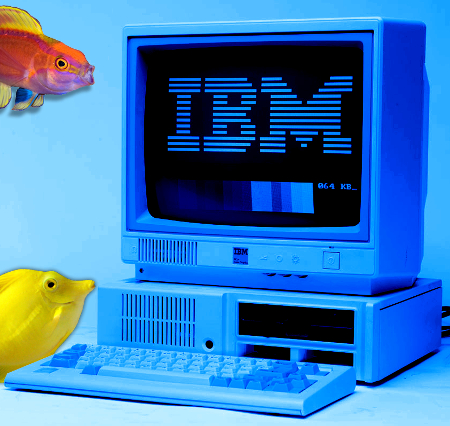Tech giant to improve sea search
 IBM has linked with an energy company to research faster ways to find oil and gas reserves under the sea floor.
IBM has linked with an energy company to research faster ways to find oil and gas reserves under the sea floor.
The computer giant is working with a fairly small global energy company, comparatively speaking, called Repsol.
The two companies are building a set of cognitive-computing applications.
One piece of programming will help Repsol engineers narrow-down the best potential oil fields for the company to buy, while the another application finds new ways to get the most oil from existing properties.
The team says it will use a variety of cognitive computing techniques to filter and analyse data from all kinds of sources, comparing everything from geological data to news reports and economic trends.
It is hoped that some fancy programming could do the hard work of reviewing seismic imaging data, relieving engineers of hours of work.
It may even be possible for an automated program to analyse piles of reports, and aggregate its content to draw conclusions on fields’ location and viability.
IBM researcher Brian Gaucher says it will be an opportunity for the company to test new ideas, such as building applications on-the-fly from reusable components, in order to meet ever-shifting needs.
Software will be less “monolithic” in the future, Gaucher says, formed instead by multi-agent distributed systems, from which different context-specific applications can be assembled.
“Some of these programs could live forever. Or they may live only for an hour,” he said.
The company has put together the follow video to explain the plan.







 Print
Print